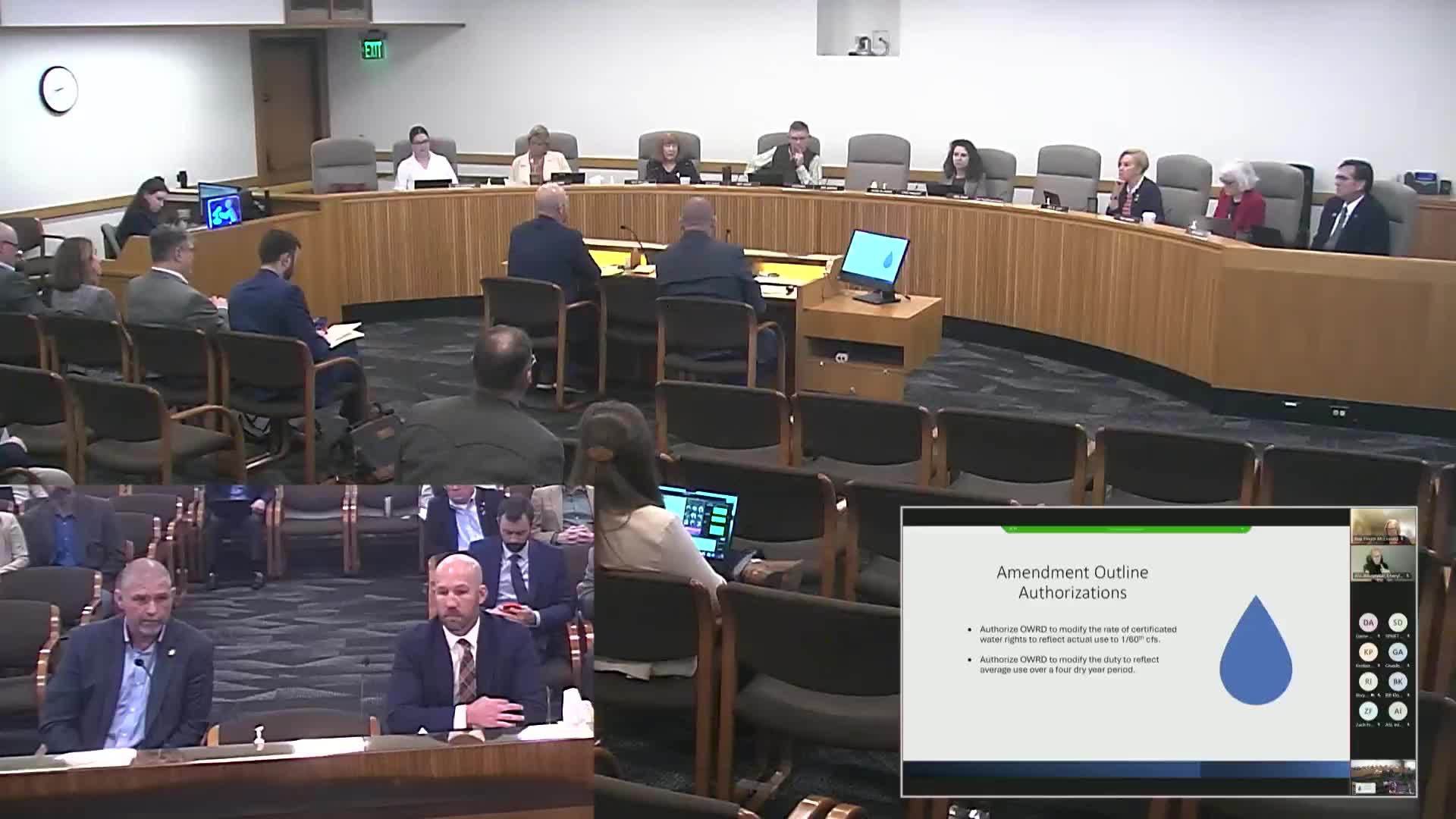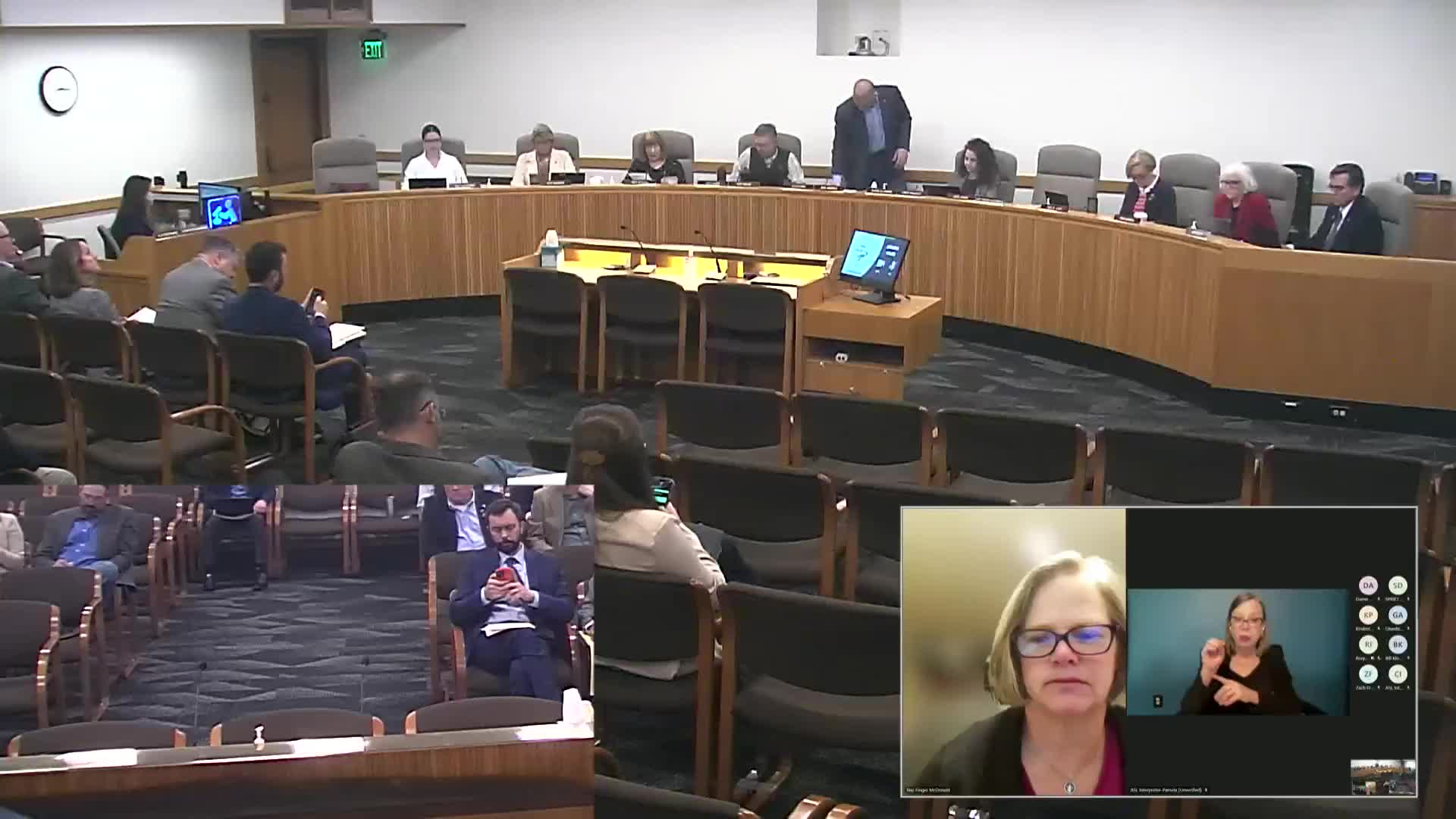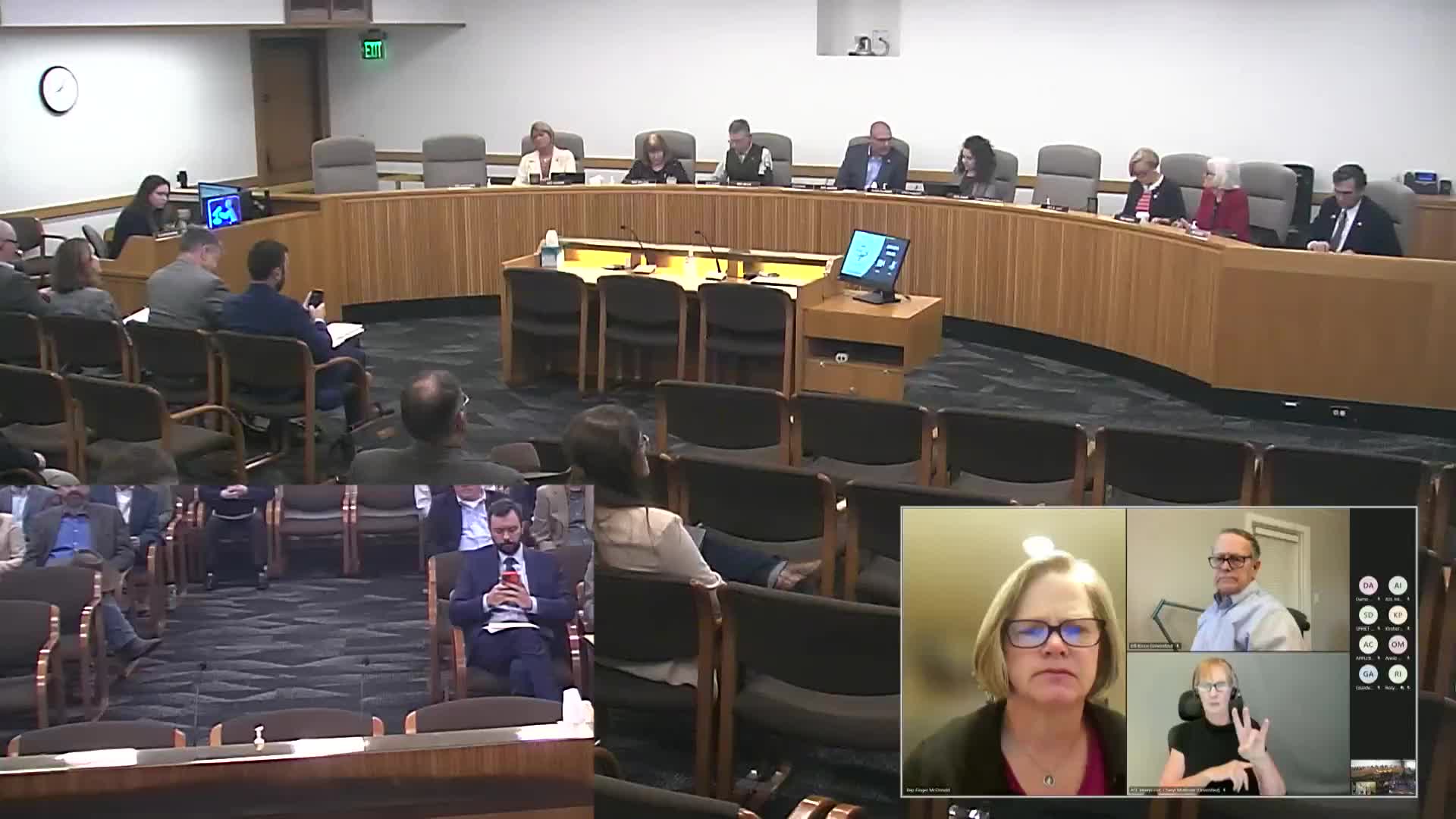Article not found
This article is no longer available. But don't worry—we've gathered other articles that discuss the same topic.

Lawyers, rural landowners urge fix to land‑division remainder uncertainty in House Bill 3858 hearing

Harney Basin farmers, county officials and conservation groups outline competing views at House Bill 3800 hearing

